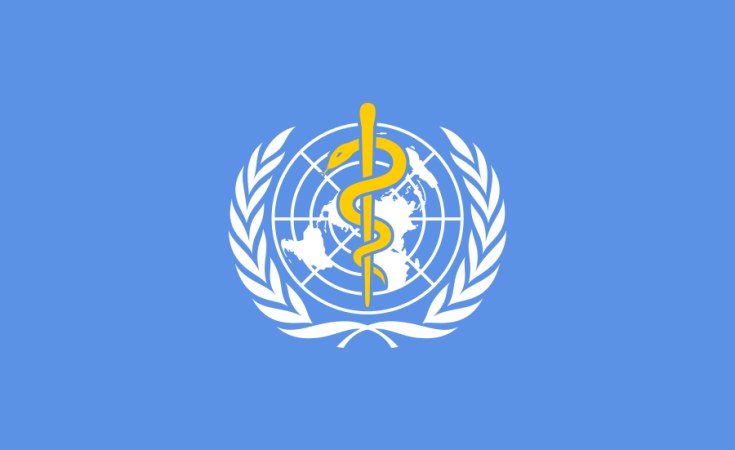The 150th session of the WHO Executive Board, which ended on January 29, clearly showed that the vast majority of Member States support WHO's efforts to create a strong, effective empowered, efficient, accountable, transparent and sustainably financed WHO, as the leading and directing authority on global health, echoing Director General Dr Tedros's closing remarks.
For us as Special Envoys, and for most Member States, the benefits of an empowered and sustainably financed WHO, able to effectively lead and direct global health actions across the world, are obvious.
RELATED: Covid Shows World Health Organization Funding Must Increase and Be Predictable
To date, and despite WHO's endless efforts with Member States to deliver lifesaving COVID-19 vaccines to the world's least-developed countries, through COVAX, particularly, as well as other facilities, there are still 83 Member States which did not reach the target of vaccinating 40% of their populations by the end of 2021.
As Dr Tedros's Special Envoys for COIVD-19, we have repeatedly called on the world's leaders to address this issue.
Yet, we have seen a persistent lack of solidarity accentuating the inequities and unfairness. And this means that even more countries are likely to fall short of the goal of vaccinating 70% of their population by mid-2022. This situation increases the divide between richer and poorer countries , the former having delivered third and even fourth doses of the vaccines and having coverage above 80%.
A WHO with more authority to direct medical supplies and resources to where they are most needed, to conduct preparation and response operations in every country in an equal manner, one with the sustained financial resources and capacity to approach outbreak/novel pathogen control in a holistic, sustained matter, would find the world in a safer place than it is today.
We are currently mired in a two-track pandemic: one for richer countries, where large portions of the population have been vaccinated and hospitalizations and, above all, deaths have been reduced, and a second track for poorer countries, some of which have been able to vaccinate less than 5% of their populations, and where death and severe disease continue to ravage social and health care systems.
The 34 WHO Member States of the Executive Board last week had the chance to put this right, by clearly signalling that they supported a strong and sustainably-financed WHO.
Still, they could not do so. There was no agreement on better financing for WHO in the future. Instead, the question was sent back to a working group – and there was no agreement on how WHO should be strengthened. Member States have asked the Director-General to provide new proposals on strengthening the global health architecture to address global inequities and ensure the world is better prepared for and able to respond to the emergence of the next major disease threat.
Now is the time for reaching a consensus. It is an opportunity to make use of these working groups to come together around bold and ambitious measures to change and improve the world's ability to stand up for humanity and to protect itself against emergent disease threats.
Failing at this means putting the world and its people at unnecessary risk. We need to put aside individual and particular doubts in favour of the common good. We, the Director-General's Special Envoys, call on the citizens and leaders of every country – as every country in the world will be represented at the World Health Assembly in May – to reach agreement on what is both good and morally right for the world and its people.
Together, we have the power to lead and make the needed change in solidarity, to improve the livelihoods of each and every one of us, for a safe place and better world. If we fail to come together to support the construction of a more efficient and effective global health architecture, the pandemic's ravages will continue unabated. The choice is ours. The choice is now.
WHO Director-General's Special Envoys for COVID-19
- Dr Palitha Abeykoon, former Director, Health Systems Development, WHO South-East Asia Regional Office, Senior Advisor Sri Lankan Ministry of Health;
- Professor Dr. Maha El Rabbat, former Minister of Health and Population of Egypt and Professor of Public Health;
- Dr. David Nabarro, former Special Adviser to the United Nations Secretary-General on the 2030 Agenda for Sustainable Development and Climate Change;
- Dr. John Nkengasong, Director of the African Centres for Disease Control and Prevention;
- Dr. Mirta Roses, former Director of the WHO Region of the Americas;
- Professor Samba Sow, Director-General of the Center for Vaccine Development in Mali.


